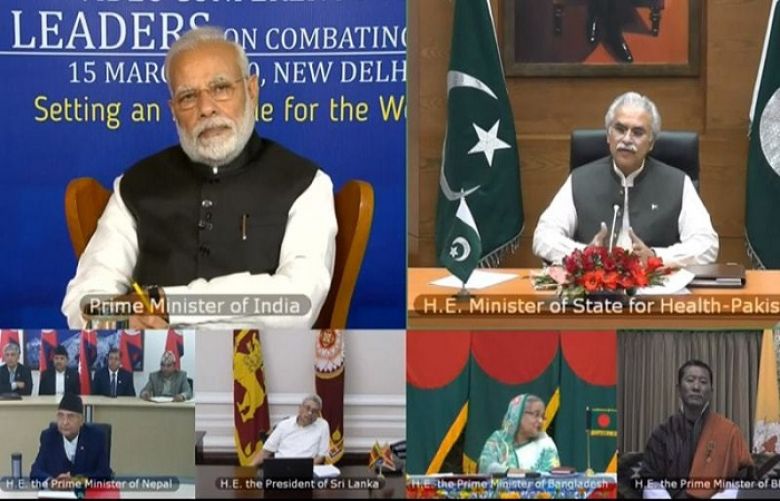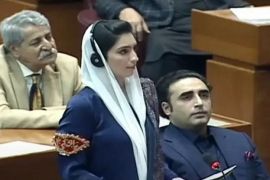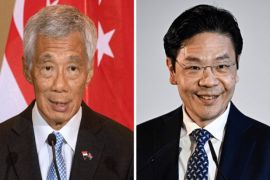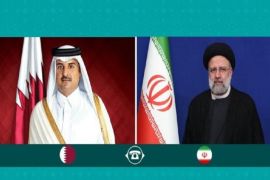Pakistan on Sunday proposed that a "regional mechanism" be developed by members of the South Asian Association for Regional Cooperation (Saarc) so that the countries can exchange "disease surveillance data in real time" to curb the spread of viruses such as the COVID-19.
The suggestion was put forward by Special Assistant to the Prime Minister on Health Dr Zafar Mirza, who was representing Pakistan at a video conference of Saarc member countries being held to formulate a joint strategy for curbing the spread of the novel coronavirus in the region.
While addressing the heads of member states, Mirza noted that while the novel coronavirus has been declared a pandemic, "it has been deemed controllable as well". He acknowledged that the South Asian region, which houses several mega-cities and one-fifth of the world's population, was at risk of the virus spreading further as each of the Saarc countries has reported positive cases.
He urged the member countries to follow guidelines set by the WHO and also learn from the experience of Saarc observer states, "particularly China, which has effectively addressed the COVID-19 challenge, despite being [the country] from where it originated".
Mirza called attention to the importance of "effective coordination at all levels" in the present situation and warned against "stignatisation and stereotyping", terming them "counter-productive".
"The pandemic forces us to think not in terms of nations and states, but as a collective," he told the heads of the member states. "The unprecedented challenge, therefore, warrants unprecedented responses. We must recognise that the national and local responses remain the most critically important.
"It is equally important to pursue evidence and science-based responses. Stigmatisation and stereotyping is counter-productive."
He concluded by saying that "the challenge at hand, demands sagacity, vision and synergy."
The conference was also attended by Indian Prime Minister Narendra Modi, Afghan President Ashraf Ghani, Bangladesh Prime Minister Hasina Wajid, Maldivian President Ibrahim Mohamed Solih and other South Asian leaders.
Emergency fund
Indian Prime Minister Modi proposed setting up an emergency fund to fight the coronavirus outbreak in South Asia and offered $10 million to get it going, as the number of confirmed infections in India rose past 100.
“Any of us can use the fund to meet the cost of immediate actions,” Prime Minister Narendra Modi told regional leaders via video conference, adding that India would also offer rapid response teams and other expertise to deal with the crisis.







